Scott Anderson Acts 10:44-48 † Psalm 98 † 1 John 5:1-6 † John 15:9-17 A video version of this sermon can be found here. You likely read the quote from the Robin Wall Kimmerer we included in the invitation to worship. Here it is again, from her book Braiding Sweetgrass: “It’s funny,” she writes, “how the nature of an object—let’s say a strawberry or a pair of socks—is so changed by the way it has come into your hands, as a gift or as a commodity. The pair of wool socks that I buy at the store, red and gray striped, are warm and cozy. I might feel grateful for the sheep that made the wool and the worker who ran the knitting machine. I hope so. But I have no inherent obligation to those socks as a commodity, as private property. There is no bond beyond the politely exchanged “thank yous” with the clerk. I have paid for them and our reciprocity ended the minute I handed her the money. The exchange ends once parity has been established, an equal exchange. They become my property. I don’t write a thank-you note to JCPenney.[i]
1 Comment
Scott AndersonPsalm 118:1-2, 19-29 † Mark 11:1-11
A video version of this sermon can be found here. We have been marching for a long time. I was a cold war baby. I remember as a young boy having it seared into my head that the Soviet Union was a ruthless, godless nation that brainwashed its people into believing crazy things that I, as a privileged child of a true and free democracy was safe from. It was a powerful message that shaped me. In fact, it took me until college to begin to realize that I just may have been played, that it was entirely possible that I too had been brainwashed—that messages of supremacy and themes of otherness and images of power had been reinforced in my life and my own culture that shaped me toward some understandings and soured me to others. I began to suspect when I got to know people who thought differently, who shaped their lives around values and priorities that authoritative voices in my own life had learned to fear or reject. I began to suspect when I traveled to places that I understood from my childhood formation had little value or interest and discovered that I learned, that I grew, that my eyes were opened. Scott AndersonNumbers 21:4-9 † Psalm 107:1-3, 17-22 † Ephesians 2:1-10 † John 3:14-20
A video version of this sermon can be found here. I’m sure you’ve noted in the news that we have passed another important milestone this week. We have now spent a full year with this pandemic, with its limitations on our movement and interaction with one another. Our last in-person worship was March 8th, 2020. On that date the US had marked 22 deaths from Covid-19. None of us have been unaffected by the strains of this past year. Few of us have been untouched by the sting of death. What would we have thought, what would we have done differently if we knew at that moment that just a year later well over half a million of us would be dead from the disease in the United States and 2.6 million souls world-wide? How would we have acted differently? I suppose we in the Seattle area have a unique perspective on this having been hit first and hardest. I’m sure you’ve seen the article first published in the New York Times noting that had the rest of the country followed the lead of Washington as many as 300,000 of our neighbors—grandparents and farmworkers and health professionals—might still be alive.[i] Scott Anderson1 Samuel 3:1-10 † Psalm 139:1-6, 13-18 † 1 Corinthians 6:12-20 † John 1:43-51
A video form of this meditation can be found here. How do we hear the voice of God? How do we recognize the voice of truth when it speaks? How do we understand what we see with our own eyes, and the truth of it? I suspect this is one of the most challenging aspects of the current moment. As we watch the crescendo of right-wing domestic terrorism, shaped and fueled as it has been by mistruths and lies, spreading into all institutions and corners of society. What hope do we have to hold out for our better angels and a future that is truer and safer and more equitable when our own perspectives are dismissed by those who seem to live in entirely different plausibility structures? And on what basis can we be sure that our perspective is fundamentally better than that of these our current president and his supporters call patriots? While I hold to my own convictions, perhaps more strongly now than ever, I know my own perspectives are sometimes incomplete and flawed. I keep thinking of a viral video I suspect most of us have seen of capitol police officer Eugene Goodman making his way up the capitol steps with dozens of rioters menacing him.[i] Scott AndersonDeuteronomy 34:1-12 † Psalm 90:1-6, 13-17 † 1 Thessalonians 2:1-8 † Matthew 22:34-46
Back in 2000 my daughter Claire and I went camping with a dear friend and his daughter. The next year another dear college friend and his daughters joined us. Soon enough, my son Peter was old enough and he started coming, building what became a summer camping tradition that lasted some 15 years—essentially through the school years of all our kids. The annual July drive to our camping trip in Mount Rainier National Park was always a highlight of the year. We hiked all through the park and in nearby locations. We celebrated meals together and spent long hours in conversation around the fire. We created memories that shaped us and will outlast my lifetime. The kids are older now. Half of them are married and have started their own families. There was one year, one conversation I was reminded of this week. We had been going to the same campground—Ohanapecosh in the Southeast corner of the Park—for at least a decade and we dads began to wonder if we ought to change it up a bit. So we proposed the idea of a new location, a new adventure for the following year to the kids. Before we could even finish the sentence, and with one voice they all cried out: “No! It’s tradition!” Now, let me try to explain the impact of this on me in the moment. Scott AndersonIsaiah 5:1-7 † Psalm 80:7-15 † Philippians 3:4b-14 † Matthew 21:33-46
Long before our country was founded, this land belonged to the many indigenous tribes who had lived here for thousands of years. The tribes had their own customs and laws. They were deeply connected to the land and maintained rich wisdom traditions that were lost on the Europeans who came to conquer and colonize to sow a trail of tears through the continent. It is also true, of course, that even before European colonization, they fought one another. They were not unfamiliar with the cycles of violence we often find ourselves trapped in. One of the reasons for the constant conflict was a practice known as “mourning wars.” Tribal people had come to believe that the only way they could ease their pain when someone they loved was killed was to return like for like, to take revenge—to kill people from the offending tribe. Scott AndersonEzekiel 33:7-11 † Psalm 119:33-40 † Romans 13:8-14 † Matthew 18:15-20 You can find a video copy of this sermon in the context of worship here. Daniel Kirk, has given his expertise to studying early Christianity, particularly as it is represented by the apostle Paul. Kirk attends two churches on Sundays: a traditional Reformed Church in America and a house church—well, he did before the pandemic. Kirk has shifted his definition of church from what we do to who we are together. “Church is the people I’m trying to follow Jesus with and the people who are following Jesus with me. It’s the intentional community of people who walk in self-giving love for each other while trusting themselves to the care of God.”[i] I am especially struck and convicted by that last phrase--trusting themselves to the care of God. Richard Rohr gets at this when he suggests Jesus praised faith even more than love. Now, both are pretty important, it seems. Especially in these polarized times. I remember visiting Cuba some years ago. We traveled on a religious visa with the Presbyterian church and spent much of our time with the First Presbyterian Church Havana community.
Scott AndersonActs 17:22-31 † Psalm 66 † 1 Peter 3:13-22 † John 14:15-21
If you get the environment right, every single one of us has the capacity to do remarkable things. Not only that, if you get the environment right, good deeds breed good deeds. When the conditions are right, safety, self-sacrifice, mutual love all increase exponentially. Generosity evokes further generosity. We’ve certainly seen that of late with your remarkable generosity toward this community and the church’s work within it. It builds on itself. Advocacy breeds further advocacy. An advocate shapes an environment of mutual support. Advocacy gets the environment right. In John’s story Jesus speaks of the Spirit as an advocate. “If you love me, you will keep my commandments. And I will ask God to give you another Advocate to be with you forever.” Our Christian tradition understands this in a Trinitarian sense—that the Spirit of God in Christ is now with us forever as an advocate—a force of love absolutely and undeniably for us and for our corporate well-being. A force that abides in the very heart of God. Scott AndersonGenesis 2:15-17, 3:1-7 † Psalm 32 † Romans 5:12-19 † Matthew 4:1-11
Is sin a virus? Does it spread with contact or exposure from one person to the next to the next? Is it transmitted communally, somehow? Perhaps it is the attention that we’re giving to COVID-19, the novel coronavirus outbreak creating growing concern throughout the world, that has me thinking about this connection. The Center for Disease Control and Prevention has stated that while the immediate health risk from COVID-19 is considered low for the general public in the United States, "current global circumstances suggest it is likely that this virus will cause a pandemic" and that more cases in the US will be identified. The story is changing rapidly, as you surely know. I want you to know we are paying close attention, and thinking about how best to respond appropriately and reasonably to the most reliable and current information. And we trust that you are educating yourself, and considering how to respond according to your needs and resources—staying home if you have a fever, keeping yourself from potential transmission if your health is already compromised, practicing good hygiene. For now, though, listen again to the beginning of the Romans reading: Therefore, just as sin came into the world through one man, and death came through sin, and so death spread to all because all have sinned. Sin sure sounds like its gone viral as we pick up the writer’s metaphor at this point in the text. It seems to have some of the same characteristics as this new epidemic and, for that matter, many a youtube meme-- Scott Anderson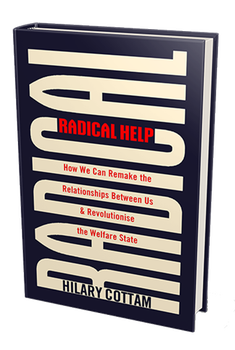 This is Hilary Cottam in a TED talk from 2015.[i] She’s a social entrepreneur whose been thinking much of her life about how we solve some of these deep and complex social problems that have been perplexing us for some time now. She has a new book out, called Radical Help[ii] that takes a deep dive into the welfare state and how we might remake it. As you can tell, she’s doing her work in Great Britain, and has spent most of her life in Europe and Africa exploring these questions. But I think her work speaks to our own experience in the states as well, and to the needs for many of our institutions to adapt to changing realities. In her presentation, Cottam goes on to provide a pretty stark picture of how the system as it currently is does not serve Ella well or others in similar circumstances, but may, in fact, work to keep them imprisoned in a cycle of despair, even as the people and the institutions they serve were and continue to be well-intentioned. |
St. Andrew SermonsCategories
All
|
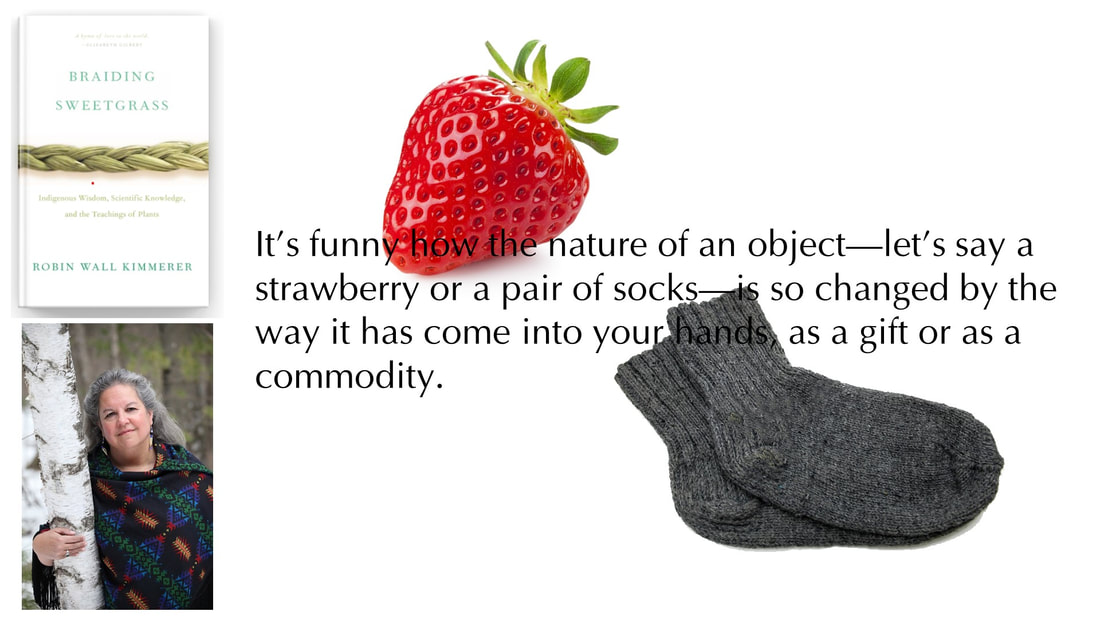
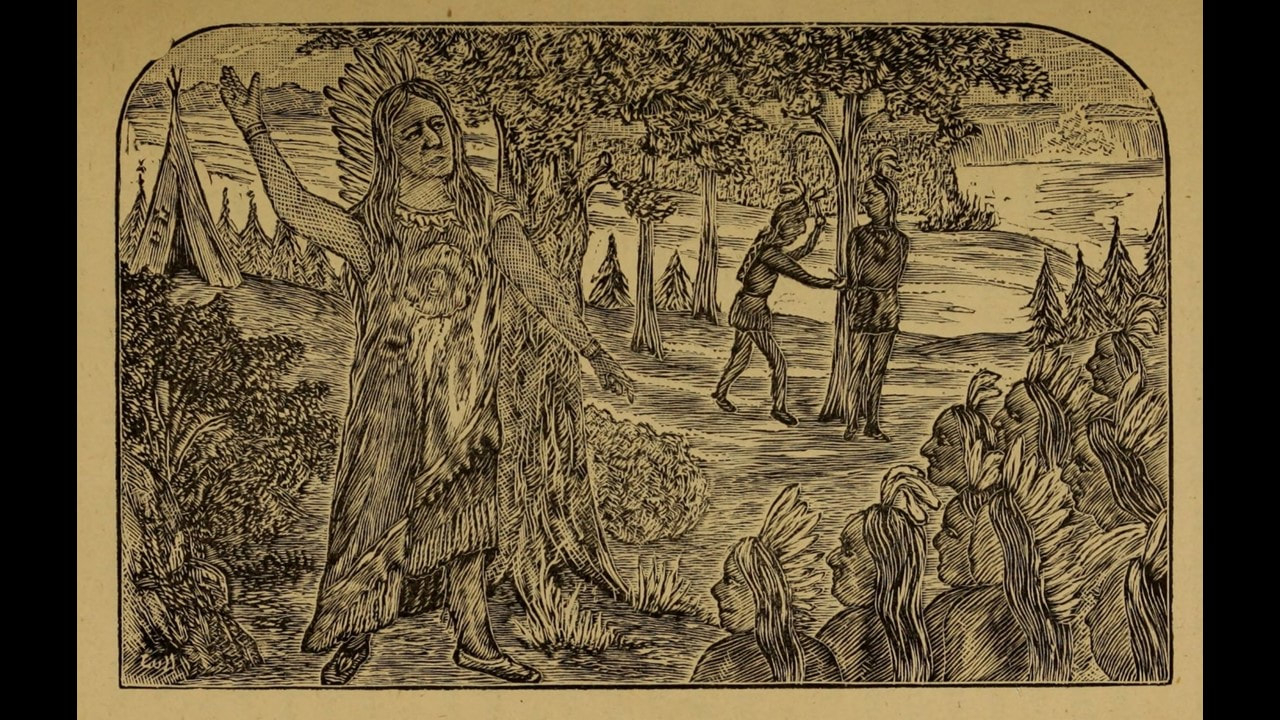
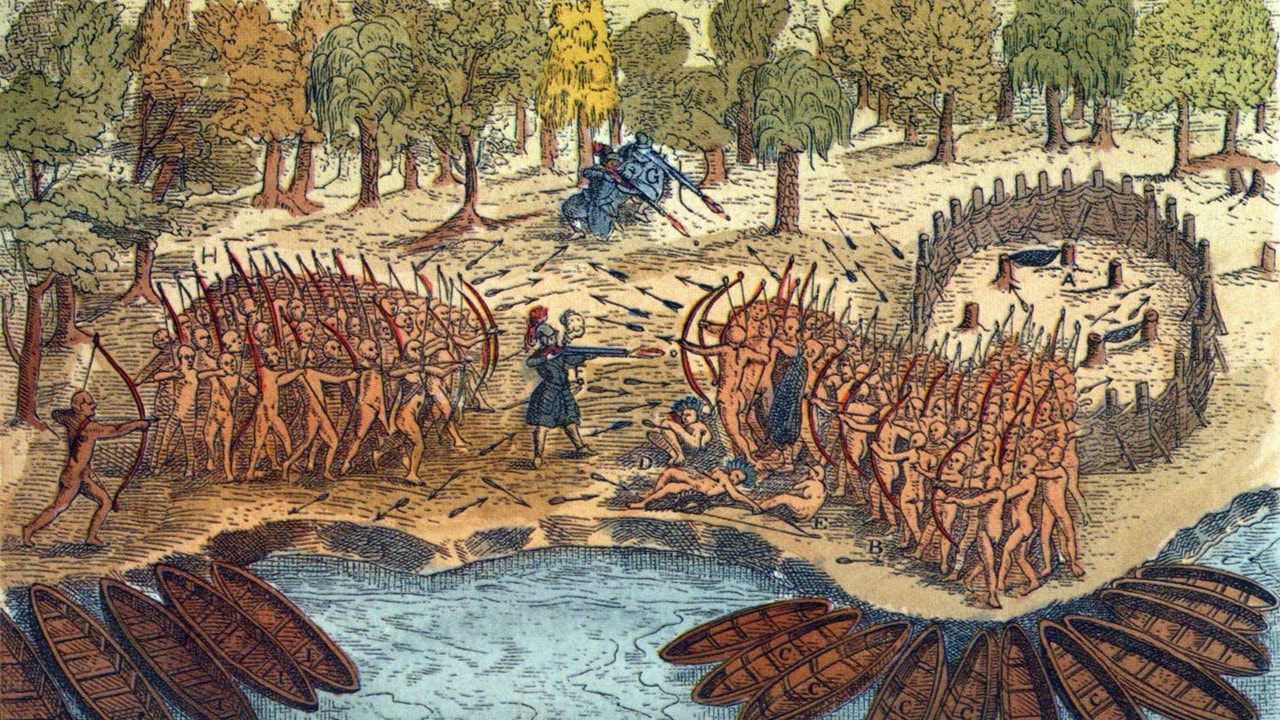
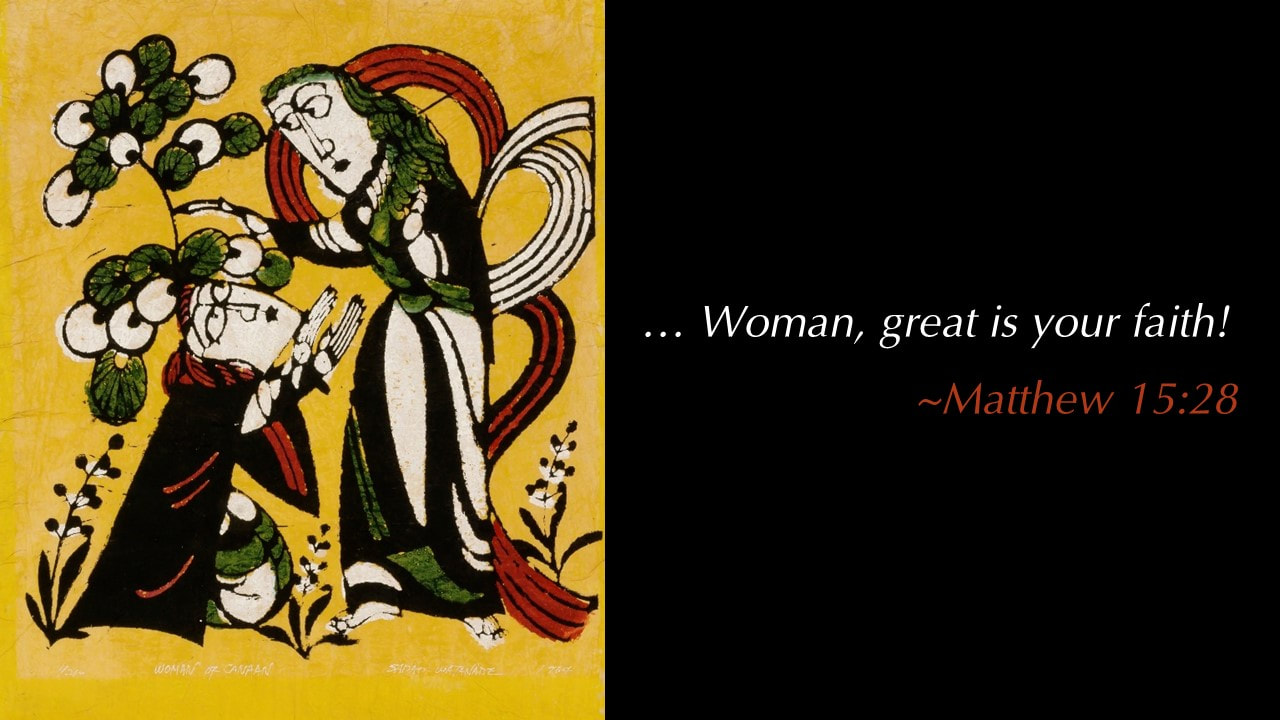
 RSS Feed
RSS Feed